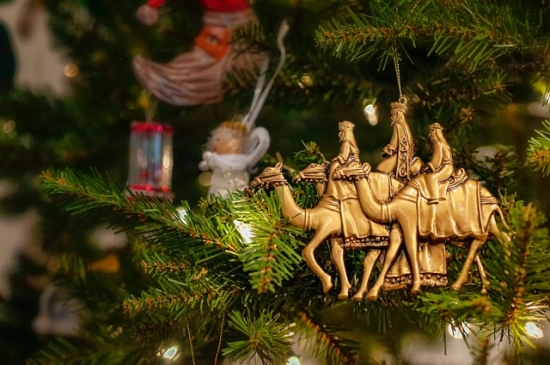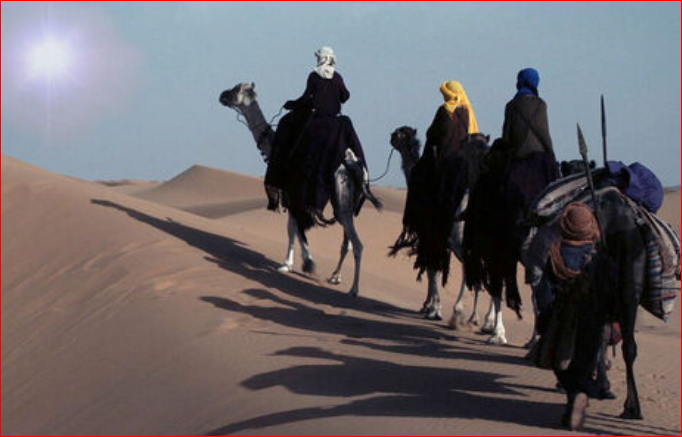9373. Come up unto Jehovah. That this signifies conjunction with the Lord, is evident from the signification of “coming up,” as being to be raised toward interior things (see n. 3084, 4539, 4969, 5406, 5817, 6007), consequently also to be conjoined (n. 8760). That it denotes conjunction with the Lord, is because by “Jehovah” in the Word is meant the the Lord, (n. 1343, 1736, 1793, 2004, 2005, 2018, 2025, 2921, 3023, 3035, 5663, 6280, 6303, 6905, 8274, 8864, 9315). A secret which also lies hidden in the internal sense of these words, is that the sons of Jacob, over whom Moses was the head, were not called and chosen; but they themselves insisted that Divine worship should be instituted among them (according to wh at has been said in n. 4290, 4293); and therefore it is here said, “and He said unto Moses, Come up unto Jehovah,” as if not Jehovah, but another, had said that he should come up. For the same reason in what follows it is said that “the people should not go up” (verse 2); and that “Jehovah sent not His hand unto the sons of Israel who were set apart” (verse 11); and that “the appearance of the glory of Jehovah was like devouring fire on the top of the mountain in the eyes of the sons of Israel” (verse 17); and lastly that Moses, being called the seventh day, “entered into the midst of the cloud.” For by “the cloud” is meant the Word in the letter (n. 5922, 6343, 6752, 6832, 8106, 8443, 8781); and with the sons of Jacob the Word was separated from its internal sense, because they were in external worship without internal, as can be clearly seen from the fact that now, as before, they said, “all the words which Jehovah hath spoken we will do” (verse 3); and yet scarcely forty days afterward they worshiped a golden calf instead of Jehovah; which shows that this was hidden in their hearts while they were saying with their lips that they would serve Jehovah alone. But nevertheless those who are meant by “the called and the chosen” are those who are in internal worship, and who from internal worship are in external; that is, those who are in love to and faith in the Lord, and from this in love toward the neighbor.
Camel


In Genesis 24:10, 64, this signifies in general worldly knowledge in the natural man. (Arcana Coelestia 3046, 4104)
In Jeremiah 49:32, this signifies memory-knowledges used to confirm truths or falsities. (Apocalypse Explained 417[7])
A camel (Matthew 22:24) signifies scientific knowledge.
(References: Arcana Coelestia 3048, 10227)
Apocalypse Explained #716
716. And ten horns, signifies much power. This is evident from the signification of "horn," as being the power of truth against falsity and evil, and in the contrary sense the power of falsity against truth and good (of which above, n. 316, 567); also from the signification of "ten," as being all persons and all things, likewise many persons and many things (of which also above, n. 675; which shows that "ten horns" signify much power. That the dragon had much power is evident from what follows, namely, that because of him "the son a male that the woman brought forth was caught up unto God," that "his tail drew down from heaven the third part of the stars;" also that "he fought with Michael and his angels;" and afterwards that he stirred up Gog and Magog, and the nations in countless number, to war against the saints.
[2] "The dragon" had such power because "the dragon" means such as have separated faith from the goods of charity, which are works, and have confirmed this by the sense of the letter of the Word, which they thus twist from its genuine sense, and as it were draw it down from heaven; and because at the end of the church, which Revelation treats of, there is no charity, therefore the dragon then has power; for at the end of the church everyone wishes to live for himself, for the world, and according to his own bent, and few wish to live for the Lord, for heaven and eternal life; and the principle of faith alone, which is faith separated from charity, favors the former life, and like the current of a river draws in and carries away all to thus believing and living. This is why "the dragon," which signifies such persons and such things, was seen to have "ten horns."
[3] It has been said heretofore that falsities from evil have no power whatever; but it is to be known that falsities from evils have no power against truth from good; for truth from good is from the Lord, and the Lord has all power by His Divine truth. But falsities from evil have a power that is signified by "the ten horns of the dragon," because they prevail against those who are in falsities from evil, since such persons and such falsities act as one; moreover, man is in evil and in falsities therefrom hereditarily from his parents, and afterwards from actual life, especially at the end of the church; and these falsities from evil cannot be expelled from man in a moment, but little by little; for if they were expelled in a moment man would expire, because they constitute his life. Because such is man's state at the end of the church, the falsities of evil prevail, although they have no power whatever against truth from good. The Lord by His Divine truth might instantly cast out the falsities of evil that are with man, but this would be to cast the man instantly into hell; for these falsities must first be removed, and so far as they are removed, so far there is a place for implanting truths from good, and man is reformed. Such as are here meant by "the dragon" are meant also by "the he-goat" that fought with the ram (Daniel 8), and by "the goats" in Matthew 25; for "he-goats" there signify those who are in faith separated from charity, and "the ram" and "the sheep" those who are in charity.






